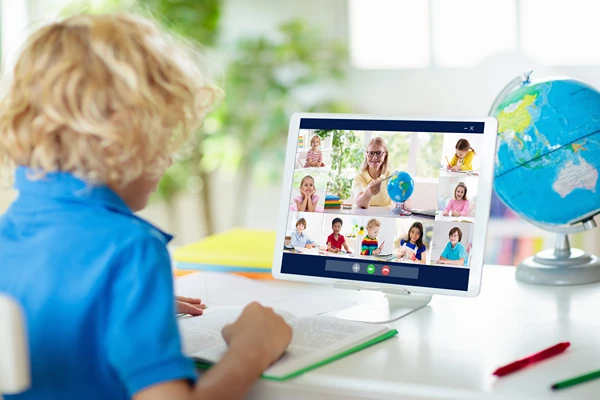The History of Mother’s Day for Students
Mother’s Day is celebrated around the world to honor mothers. It’s a day to thank them for all the wonderful things they do and has been very popular throughout history. Many years ago, before social media and cell phones, home phone lines would get jammed up. This was because everyone was calling their moms to wish her “Happy Mother’s Day!”
This special day does not take place on the same day in every country. Unlike Valentine’s Day, which always occurs on February 14th, Mother’s Day is commemorated at different times each year depending on your country. In the majority of countries worldwide it is celebrated on the second Sunday of May.
Many other places celebrate Mother’s Day in March and a few countries honor their moms in other months.
We’ll explore when this celebration of mom occurs each year for different people, but let’s first learn about the origin of Mother’s Day.
When Did Mother’s Day Begin?
The idea of honoring mothers dates far back in history to ancient Greece, where celebrations were held to honor the mother of the gods. Back in the infancy of the Christian church, a mother’s festival was held in honor of Mary, the mother of Christ. This took place on the fourth Sunday of Lent. Therefore, Mother’s Day in these countries is typically celebrated in late March or early April and falls three weeks before Easter Sunday.
The date for the celebration of Mother’s Day varies each year because the weekend Easter takes place also varies. There are a few countries that celebrate Mother’s day in other months of the year.
The History of Mother’s Day in North America
Mother’s Day began in the United States on May 12, 1907. It’s origin comes from the day Anna Maria Jarvis held a memorial service for her late mother at a church in Grafton, West Virginia. Her mother, Ann Maria Reeves Jarvis, had been known for organizing women’s groups to promote friendship and health.
Exactly a year later in 1908, the first formal Mother’s Day church services were held at the same church. There was a much larger attendance of a ceremony in Philadelphia. Carnations were distributed to mothers and their sons and daughters.

West Virginia, the state where Anna Jarvis planted the seed for a regular Mother’s Day celebration, officially made Mother’s Day an official holiday.
In the months that followed, Anna Jarvis began promoting the idea that everyone should commemorate Mother’s Day. This was done through a letter writing campaign that she organized.
Anna also founded the Mother’s Day International Association and trademarked the phrases “second Sunday in May” and “Mother’s Day.” Anna is quoted as saying that she wanted Mother’s Day to be a very private acknowledgment of all the mother does for the family.
In 1914 Mother’s Day became a national holiday in the United States.
The Popularity of Mother’s Day
Mother’s Day throughout history has grown to become one of the most universally popular holidays and celebrations of the year. It even had a hand in inspiring the celebration of Father’s Day. Perhaps it’s because no one can deny how important our mother’s are to each of us and to our families. Mom’s stand behind their kids with unconditional love and support. Mom will do anything to help and protect us.
Hopefully what we’ve learned will be a reminder for everyone in the world to never take our moms for granted, no matter what day it is.



 Katie Brenneman is a passionate writer specializing in education, mental health, family lifestyle and online safety. When she isn’t writing, you can find her with her nose buried in a book or hiking with her dog, Charlie. You can follow her on
Katie Brenneman is a passionate writer specializing in education, mental health, family lifestyle and online safety. When she isn’t writing, you can find her with her nose buried in a book or hiking with her dog, Charlie. You can follow her on 




